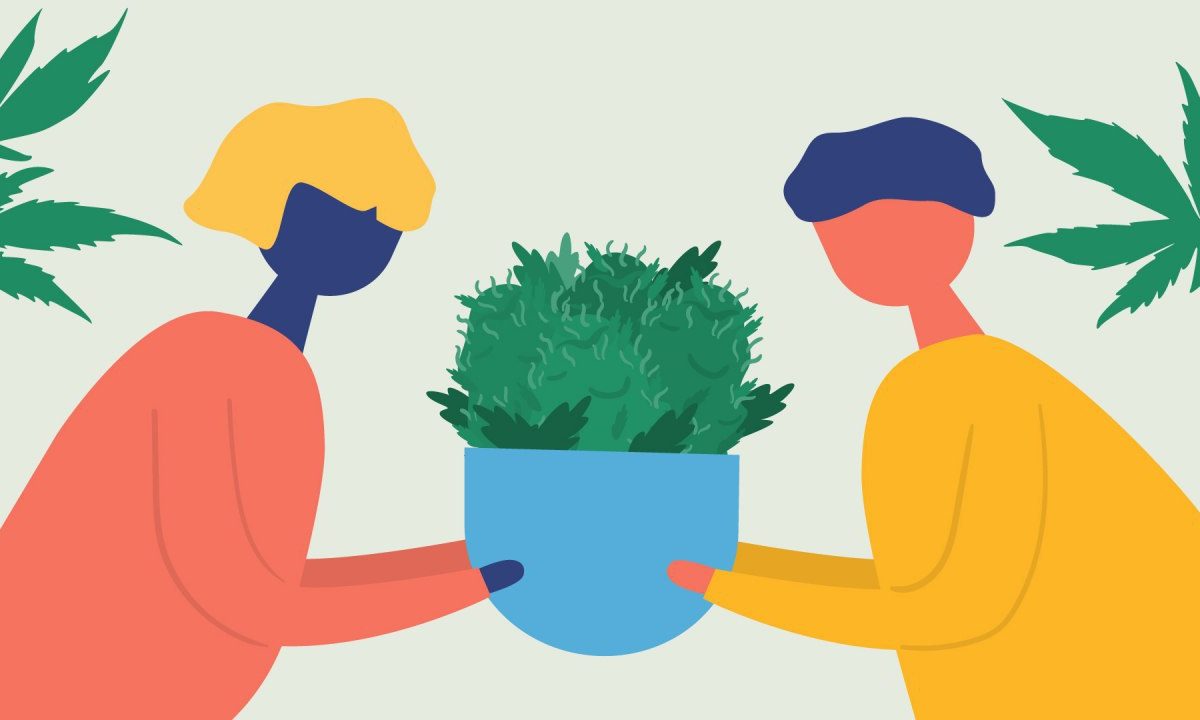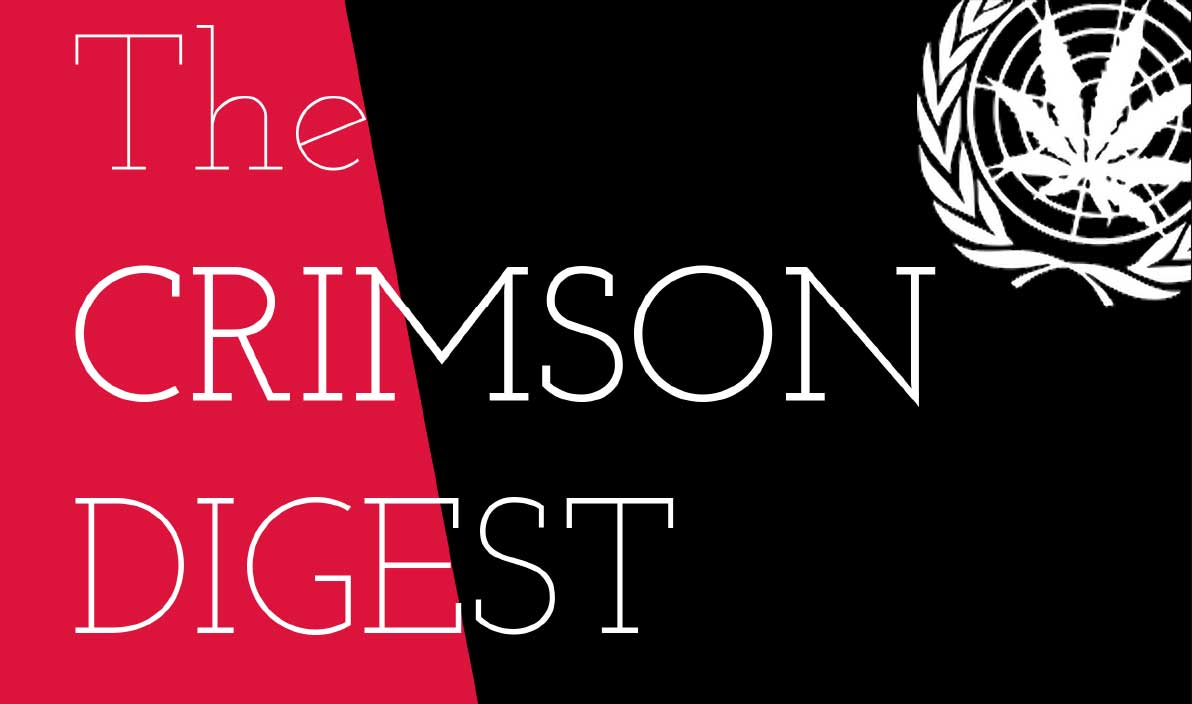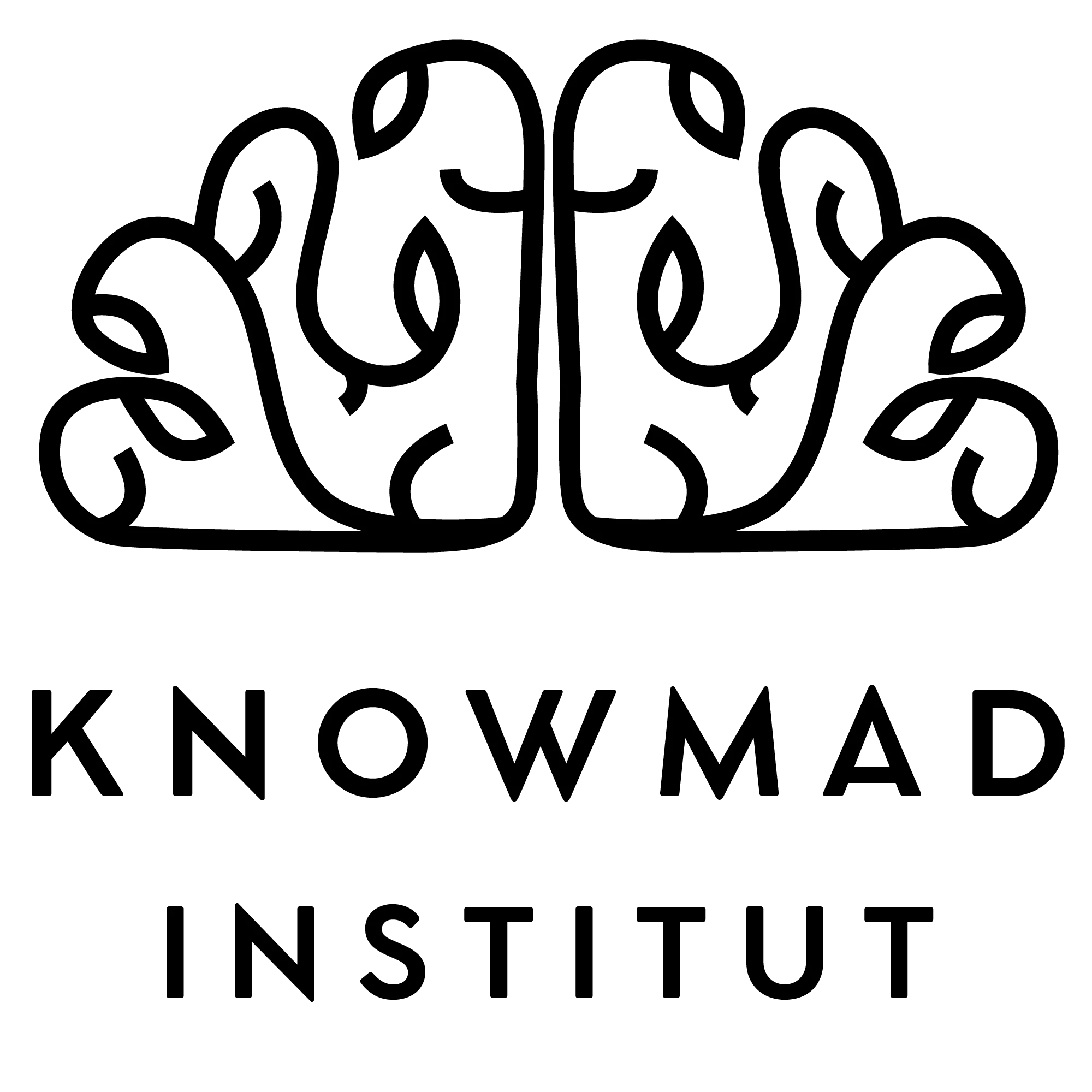Anthropological Reflections on Medicalization

Its possible to study pain, chronic illness and death from different angles, apart from the biomedical approach, or the perspectives and models of psychology, the palliative and terminal care view, and even more so, to the branch of medicine that scientifically studies pain and its treatment, algology.
Getting Factual: Pros and Cons of Cannabis Consumption

By Laurice Wardini, Author of Loud Cloud Health The general population appears to be changing the attitude toward consuming cannabis. Over the last century or so, there was the constant prejudice that its main use was to get “high.” The main propeller for this change was decades of experiments and high-end research, which eventually led…
Know the Novel Foods

I. What are Novel Foods?1 The term Novel Foods was born in Europe and their regulation was established for the first time in the Regulation 258/97 of the European Parliament and the European Council on January 27th 1997. This regulation defines Novel Foods as those foods and ingredients which have not been commercialized at a…
Sacred Plants and Mental Health in Latin America

Sacred plants have a number of phenomena that revolve around their ritual and medicinal use, as
well as being seen as carrying a bond with the sphere of the sacred. México is the country that has
the greatest diversity of sacred plants in the Americas because its indigenous groups have a
magical-religious relationship with them.
In the beginning of the study of sacred plants, psilocybin, mescaline and ergotamine began to be
classified as classical psychedelics, this categorization was of great help to psychiatry and
neuroscience in the 1950s and 1960s.
Report: Cannabis & Sustainable Development

« …The tragedies caused by the lack of adequate and effective control of drug markets have increased social suffering, especially in relatively less developed countries and regions.
That is the reason why sustainable development opportunities must be taken as a guidance to improve the performance of drug policies. But this will not be possible without a strong public administration and efficient evidence-based public policies that, without repeating schemes worn out by the absence of results, take on the challenge of incorporating a new focus.
For all these reasons, we commend the efforts that Civil Society is undertaking to achieve an effective political incidence of this agenda, and we gladly join in an open dialogue where diverse voices and visions can fit. »
Diego Martín Olivera Couto,
Secretary-General, National Drug Council,
Office of the Presidency of the Republic, Oriental Republic of Uruguay.
Analysis of the 40th and 41st ECDD reviews outcomes and the INCB’s update on Cannabis.

The European Institute of Multidisciplinary Studies on Human Rights and Sciences – Knowmad Institut together with our sister organization FAAAT present: The CRIMSON DIGEST Volume 2 Analysis of the 40th and 41st ECDD reviews outcomes and the INCB’s update on Cannabis. Author: Kenzi Riboulet Zemouli. Contributors: Martin Díaz Velásquez, Farid Ghehiouèche, Amy Case King and…
